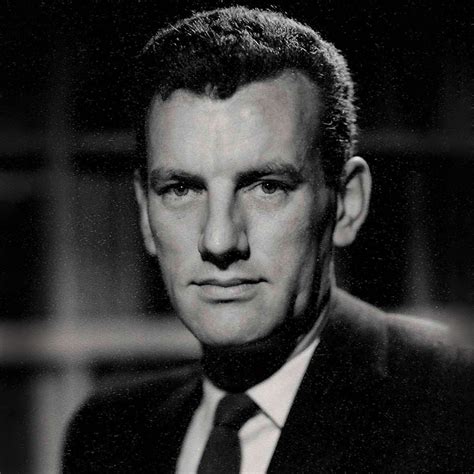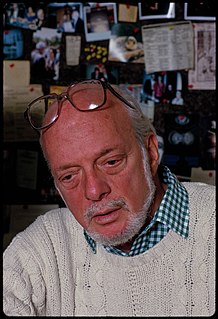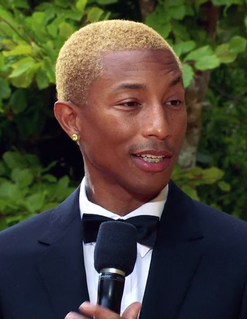A Quote by Hafez
Poetry reveals that there is no empty space.
Quote Topics
Related Quotes
I really believe in empty spaces, although, as an artist, I make a lot of junk. Empty space is never-wasted space. Wasted space is any space that has art in it. An artist is somebody who produces things that people don't need to have but that he, for some reason, thinks it would be a good idea to give them.
Healthy mysticism praises acts of letting go, of being emptied, of getting in touch with the space inside and expanding this until it merges with the space outside. Space meeting space; empty pouring into empty. Births happen from that encounter with emptiness, nothingness. . . . Let us not fight emptiness and nothingness, but allow it to penetrate us even as we penetrate it.
We should be empty of clutching, empty of self, empty of all the old ideas of substance. We should be ‘lost in the objectivity of world-love’, as I have elsewhere put it; or, perhaps better, we should let ourselves be only an empty space filled with brightness. Life lived like that is ‘eternal’ life.
There's a sameness about American poetry that I don't
think represents the whole people. It represents a poetry
of the moment, a poetry of evasion, and I have problems
with this. I believe poetry has always been political, long
before poets had to deal with the page and white
space . . . it's natural.
I think minimalism is something I just got attracted to just in general because I like the empty space, if you think about it, like there's a lot of empty space. So there are sounds there, there are chords, like coordinates, to sort of tell you where the emotion is going, but then it leaves so much room for the voice to do other things.
Touch your inner space, which is nothingness, as silent and empty as the sky; it is your inner sky. Once you settle down in your inner sky, you have come home, and a great maturity arises in your actions, in your behavior. Then whatever you do has grace in it. Then whatever you do is a poetry in itself. You live poetry; your walking becomes dancing, your silence becomes music.





































